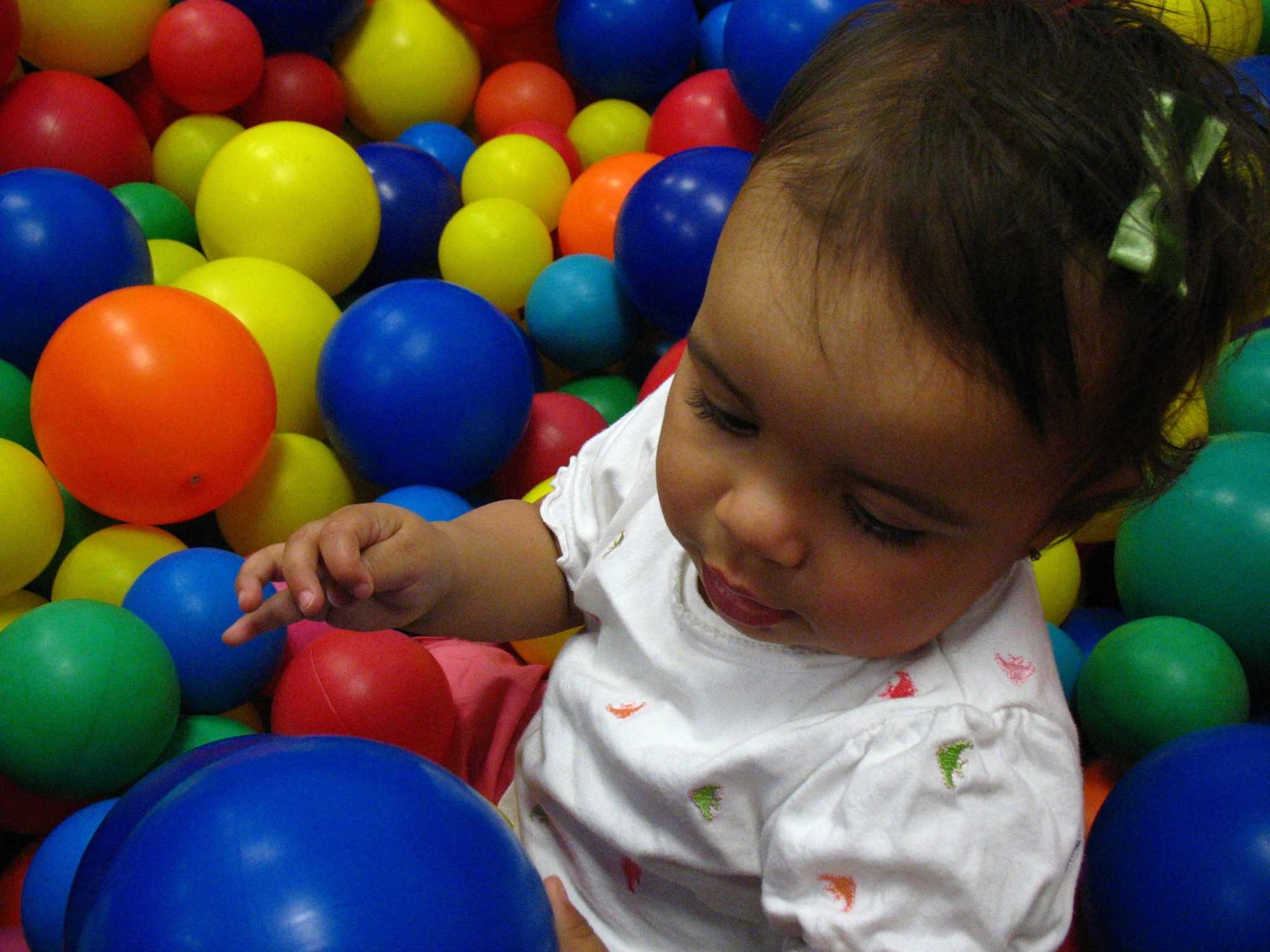“My name is Kathryn* and my 6-year-old daughter Abby* has a rare genetic condition called Pallister Killian Syndrome. One of Abby’s biggest challenges is that she’s legally blind due to Cortical Visual Impairment (CVI).
Abby was evaluated by a developmental therapist for vision (DTV) when she was 7 months old and she started receiving vision therapy at home through early intervention about 2 months later. The DTV gave our family many ideas on how to teach Abby to look at objects including what distance to present them at, and advised us to allow for latency when working on vision. We were also advised to let Abby be as comfortable as possible (lying down or sitting well-supported), so her other muscles wouldn’t have to work so hard, and she could use her vision most efficiently.
We learned that Abby will best respond to high-contrast images (black/white or yellow/red), as well as shiny objects. We were told to not correct her head turn, but to allow her to position her head at an angle that would allow her to see best. We also learned to eliminate visual clutter, and if possible, have a black background separating the environment from the object we wanted Abby to attend to.
We also explored a communication system called an eye gaze. When using it, Abby uses her eye gaze to make choices, answer questions, etc. We are in the process of appealing our insurance company’s denial of coverage for an eye gaze machine.”
–Kathryn
Pediatric Therapy Network would like to thank Kathryn for sharing her story.
…
Vision is critical in early childhood development, from learning how to communicate to the development of both gross and fine motor skills.
Children with low vison often require very specific care and therapy, so it’s crucial to recognize the symptoms of low vision as early as possible and explore the resources available. Because low vision can accompany so many other conditions, it’s often overlooked—even by trained pediatric therapists and pediatricians.
As a parent of a child with special needs, disabilities or developmental delays, you may not be aware of your child also having low vision, which can go hand-in-hand with other diagnoses. In premature births and with cerebral palsy, spina bifida and neurological disorders, low vision is often an accompanying issue.
What is Low Vision?
“Low vision is a condition caused by eye disease, in which visual acuity is 20/70 or poorer in the better-seeing eye and cannot be corrected or improved with regular eyeglasses.” (Scheiman, Scheiman, and Whittaker)
Low vision is different from visual impairment in that low vision is uncorrectable. Visual impairment is often diagnosed in school-aged children, who may not be able to “see the board” in school or who show symptoms of visual impairment during a standard kindergarten vision test.
While visual impairment isn’t as severe as low vision, it’s still a serious condition that can cause significant issues as kids struggle in school:
“In general, a lot of times vision problems are overlooked. I have many students who refuse to wear their glasses so teachers forget they have a visual impairment and then they do not get the services or accommodations they need. There are so many times when teachers are writing on the board or projecting something on a screen and our students can’t even begin to make out what it says…A lot of my students have trouble in gym and the gym teacher believes it’s just a bad attitude, but in reality it’s because they’re extra cautious due to being unable to see the ball or what is in front of them.”
– Chicago Public School Teacher
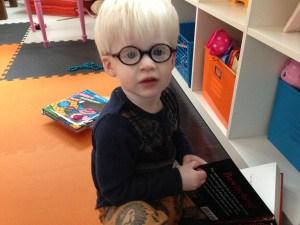 Low vision, on the other hand, can present significant issues very early on. Infants are reliant on vision for communication. They learn to mirror facial expressions and read situations and emotion
Low vision, on the other hand, can present significant issues very early on. Infants are reliant on vision for communication. They learn to mirror facial expressions and read situations and emotion
s in others around them. An infant with low vision may display fearfulness and uncertainty when it comes to new situations. They may be at risk for delays in communication development due to their limited ability to explore their world visually. A child with low vision may also struggle with gross and fine motor skills. For example, they may overshoot when trying to pick up cereal pieces or they could miss a block or toy completely because they simply can’t see it’s there.
Low vision may also present itself in toddlers and preschoolers. Young children with low vision might struggle with stairs, fall down often, display a head tilt, or favor one direction. Pediatricians may overlook or downplay muscular imbalances in the eye, as some do correct themselves later on.
Remember, you are your child’s best advocate, so you may notice symptoms your pediatrician does not. Always discuss any concerns you have with your child’s doctor.
The Needs of a Child with Low Vision
The needs of a child with low vision can vary, depending on the level of impairment, as well as any co-diagnoses. Across the board though, most children with low vision have some specific cognitive, gross and fine motor skill, and communication needs.
A child with low vision might need:
- Physical therapy and occupational therapy to counter any limitations on fine or gross motor development due to the effects of low vision.
- Attention to building fine motor skills and two-hand touch activities, plus exercises designed to assist with learning Braille later on.
- Support with communication and social interaction, as they may need help learning to socialize and play because they’re unable to see visual cues or have had trouble learning to imitate their peers due to low vision.
- Help with body awareness, spatial recognition, and sensory issues, as well as mapping skills.
- Assistance with recognition of new sounds, voices and environments.
- Tactual interaction (touch).
- A more robust aural communication, including descriptive explanations of experiences.
Your child’s therapists and pediatrician can formulate a tailored plan to meet their needs.
For example, in speech therapy, your child may prefer tactile and auditory learning, requiring more “hands on” activities and listening to tenor and pitch to communicate, rather than watching for visual cues. You may want to opt for brightly colored toys, items with lights, sounds and other non-visual features. When communicating with your baby or toddler, you might incorporate more touch, and aural communication.
In physical therapy, a child might need assistance to identify the parameters of the room. They might need a little additional help with navigation and attention to stairs, as well as consideration when they’re climbing, aiming and reaching.
Kids in occupational therapy (OT) also require consideration when it comes to low vision therapy. If they miss visual cues during play, they might become frustrated or upset. OT kids might need to work with their therapist on play that helps them be successful without relying on visual skills to complete a task.
It’s important that your child’s therapy plan takes their low vision into consideration and incorporates it as part of their care.
Working with optometrists and ophthalmologists is also key when addressing low vision. Ophthalmologists can test and diagnose the cause of the vision impairment, whether it’s stemming from an underlying health issue, if it’s part of a diagnosis (as in neurological disorders), or if the low vision itself is the root of your child’s developmental delay.
If you suspect you child has low vision, visit your pediatrician first, then ask to be referred to an ophthalmologist. Your pediatrician can guide you through early intervention steps to help you formulate a care plan, especially if low vision is a co-diagnosis.
National & Chicago-Area Resources for
Parents of Children with Low Vision
There are a wide range of additional support services and resources that may be appropriate for your child depending on age and ability. Work with your child’s therapist and pediatrician to identify the activities and resources that can best assist your individual situation.
- The Chicago Lighthouse – This agency offers a wealth of information and has infant, young child and family specialists. (Here’s the link to their Birth-to-Three Early Intervention) From the website: “The Chicago Lighthouse is a world-renowned social service organization serving the blind, visually impaired, disabled and Veteran communities with comprehensive vision care and support services.”
- Illinois Association for Parents of Children with Visual Impairments (IPVI) – This Chicago organization provides support, information and services for parents of children with low vision, including those with additional disabilities.
- The Parent Child Institute at The Illinois School for the Blind and Visually Impaired in Jacksonville, Ill. This institute is recommended by Kathryn and her daughter Abby, mentioned in the story above. Kathryn says, “We had the opportunity to connect with other families, attend lectures on the topic as well as listen to students’ stories. We also learned about the technological advancements (particularly Apple products) that are very user friendly for people with visual impairments.”
- Cortical Visual Impairment and the Evaluation of Functional Vision by Dr. Christine Roman – This book, as well as the free webcast is considered the “bible” for CVI.
- Blind Service Association – This volunteer-based Chicago association is dedicated to improving the lives of people living with visual impairments.
- Ten Ways You Can Help a Family Member or Friend Experiencing Vision Loss – this article from Second Sense (a Chicago organization providing resources for adults with vision loss) offers a number of low vision resources and organizations.
- Serving Families of Children with Vision or Dual Sensory Loss (from the Early Intervention Training Program at the College of Education at Illinois) – This is a self-paced introduction to concepts and resources. Registration is required, but this online class is open to everyone. From the website: “Originally developed for service coordinators, this learning module is appropriate for any individual working with families of children who are blind, visually impaired, or dual sensory impaired. This online training provides a basic overview of what to be aware of when serving families of children who are blind, visually impaired, or dual sensory impaired. Also reviewed are basic screening methods, types of vision loss, including eligible diagnoses, the early intervention process, and services available.”
- Scout Information Clearinghouse on Blindness and Visual Impairment – This database contains a huge amount of online resources related to blindness and visual impairment. (Follow this link to skip to the Advice for Families of Young Children with Visual Impairments page.)
- National Association of Parents of Children with Visual Impairments – from the American Foundation for the Blind website. NAPVI provides information and resources for parents of children with low vision, including those with additional disabilities.
- Chicago Public Schools (CPS) Student Health Services – Please click the Vision & Hearing button to reveal CPS services and both internal and external resources.
These National & Chicago-area Low Vision Awareness Resources were compiled by our Pediatric Therapy Network (PTN) Therapists:
Tina Copeland, LCSW –and– Erica Berger OTR/L, MOT.
Special thanks to CPS and Abby’s Mom, Kathryn.
Working with a physical, speech, or occupational therapist who works with your child in their home environment can make a huge difference. Your therapist from Pediatric Therapy Network Chicago can help ensure your child is comfortable in their world by working with them in their own, familiar environment.
*Names have been changed to protect the privacy of our patients, parents and partners.



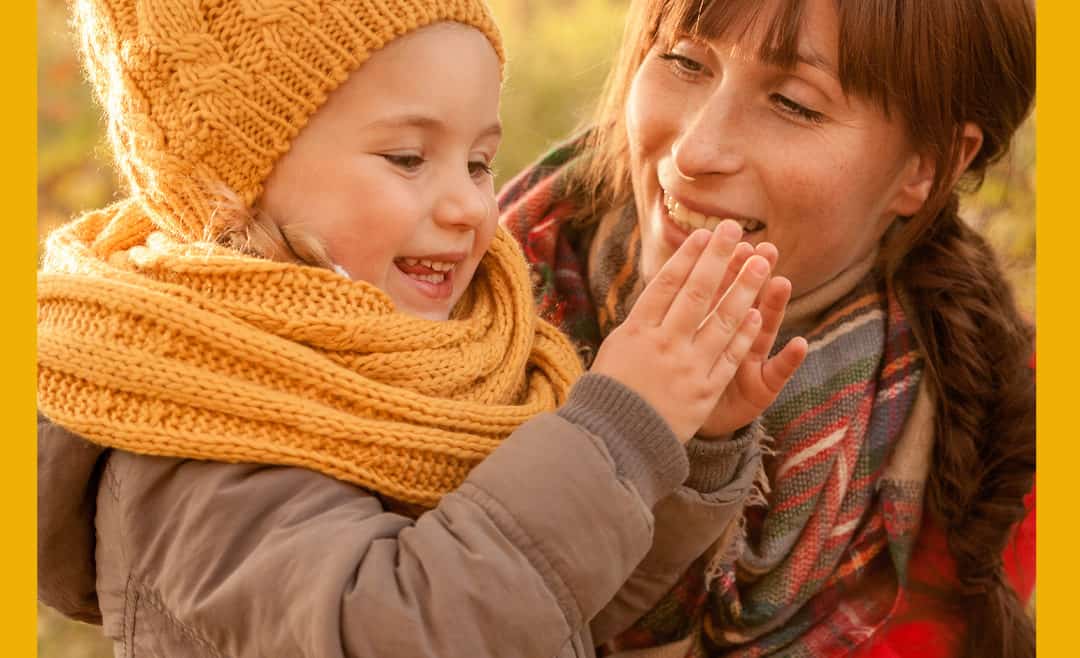

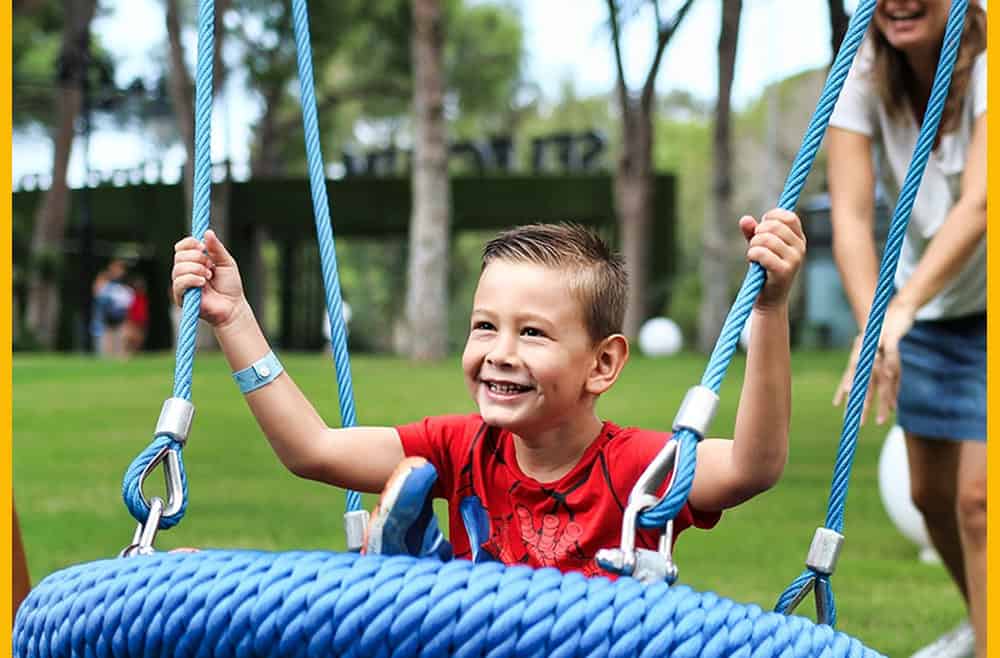

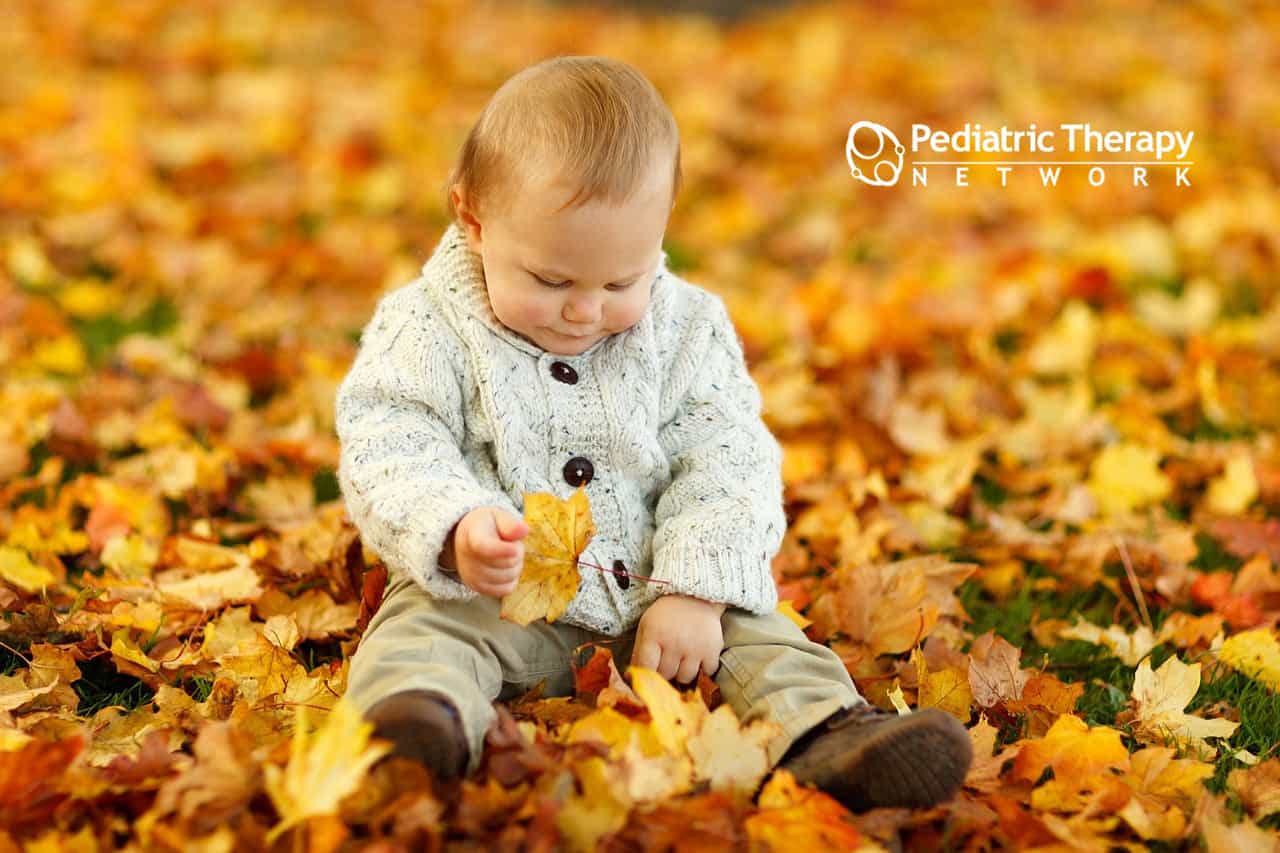
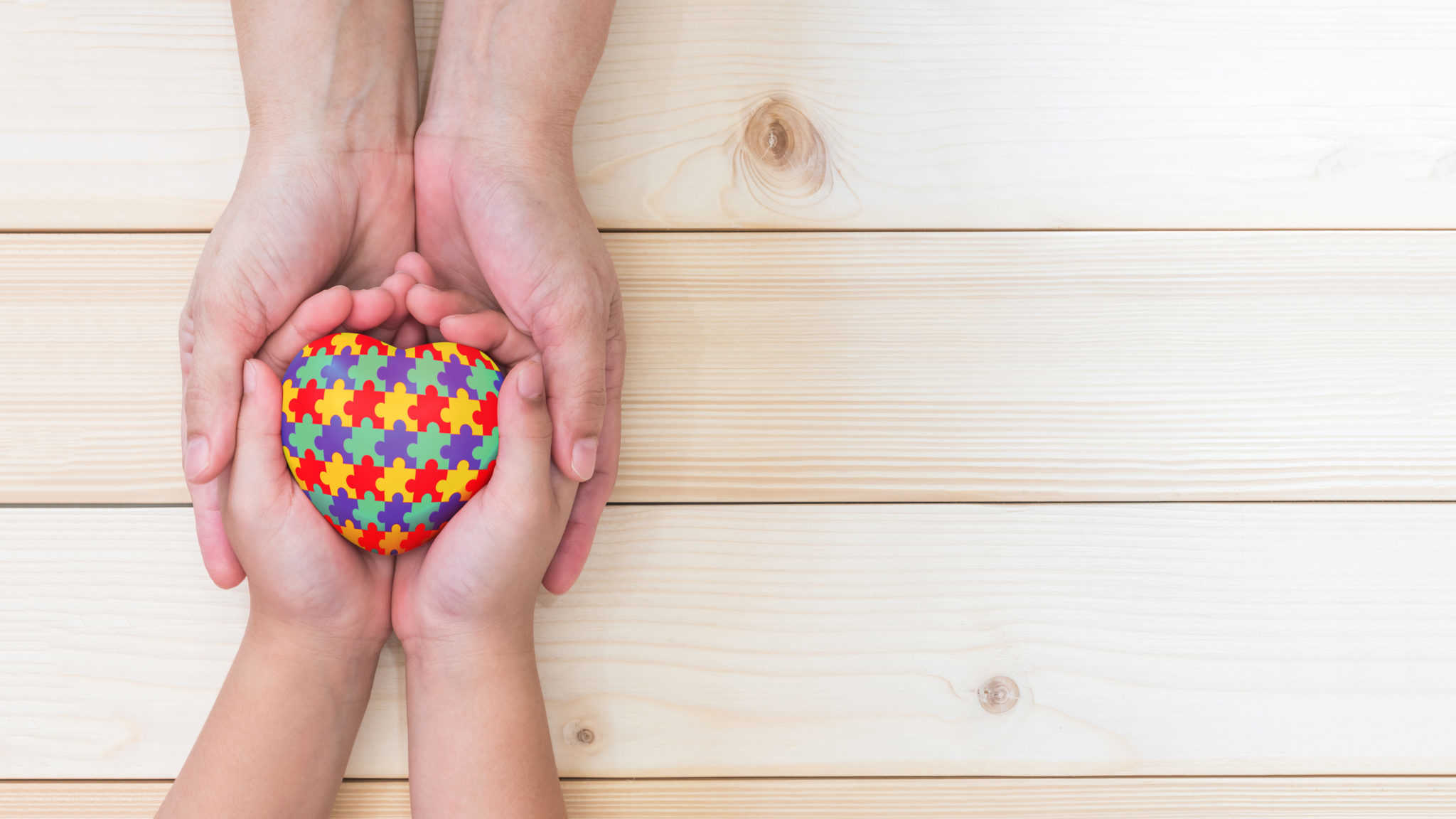
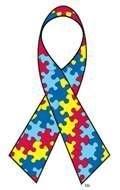
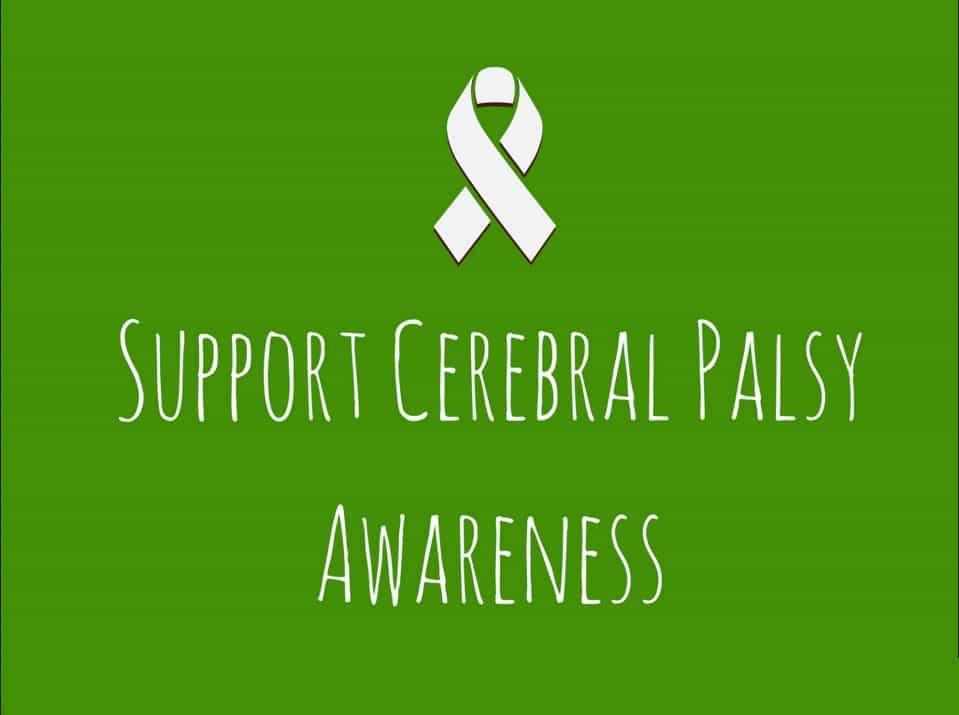
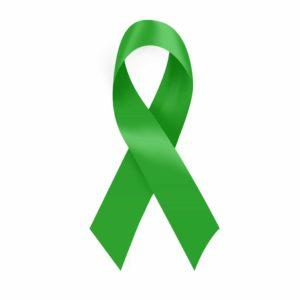 The definition of CP (according to cerebralpalsy.org): While Cerebral Palsy (pronounced seh-ree-brel pawl-zee) is a blanket term commonly referred to as “CP” and described by loss or impairment of motor function, Cerebral Palsy is actually caused by brain damage. The brain damage is caused by brain injury or abnormal development of the brain that occurs while a child’s brain is still developing — before birth, during birth, or immediately after birth.
The definition of CP (according to cerebralpalsy.org): While Cerebral Palsy (pronounced seh-ree-brel pawl-zee) is a blanket term commonly referred to as “CP” and described by loss or impairment of motor function, Cerebral Palsy is actually caused by brain damage. The brain damage is caused by brain injury or abnormal development of the brain that occurs while a child’s brain is still developing — before birth, during birth, or immediately after birth.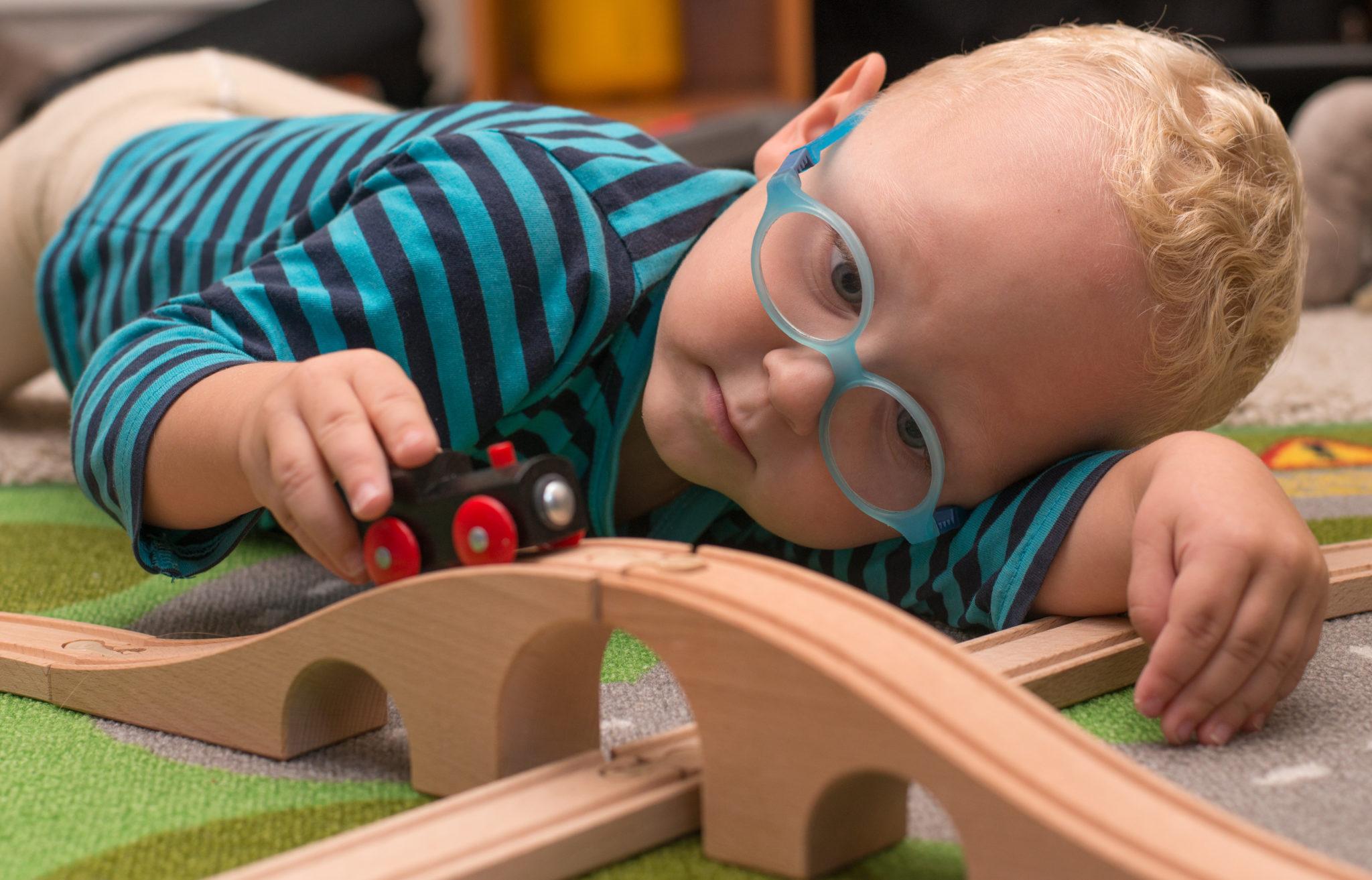
 Low vision, on the other hand, can present significant issues very early on. Infants are reliant on vision for communication. They learn to mirror facial expressions and read situations and emotion
Low vision, on the other hand, can present significant issues very early on. Infants are reliant on vision for communication. They learn to mirror facial expressions and read situations and emotion